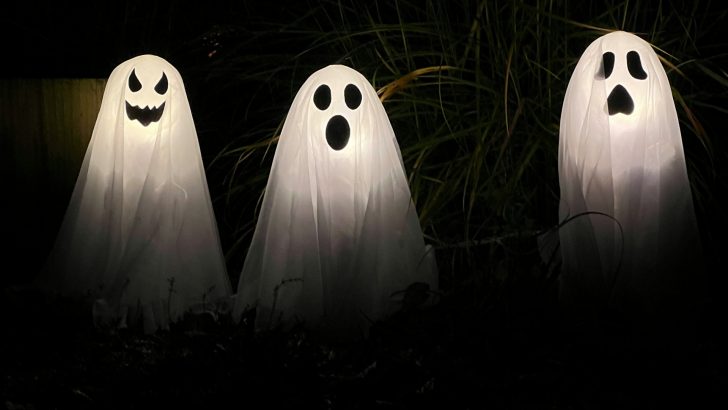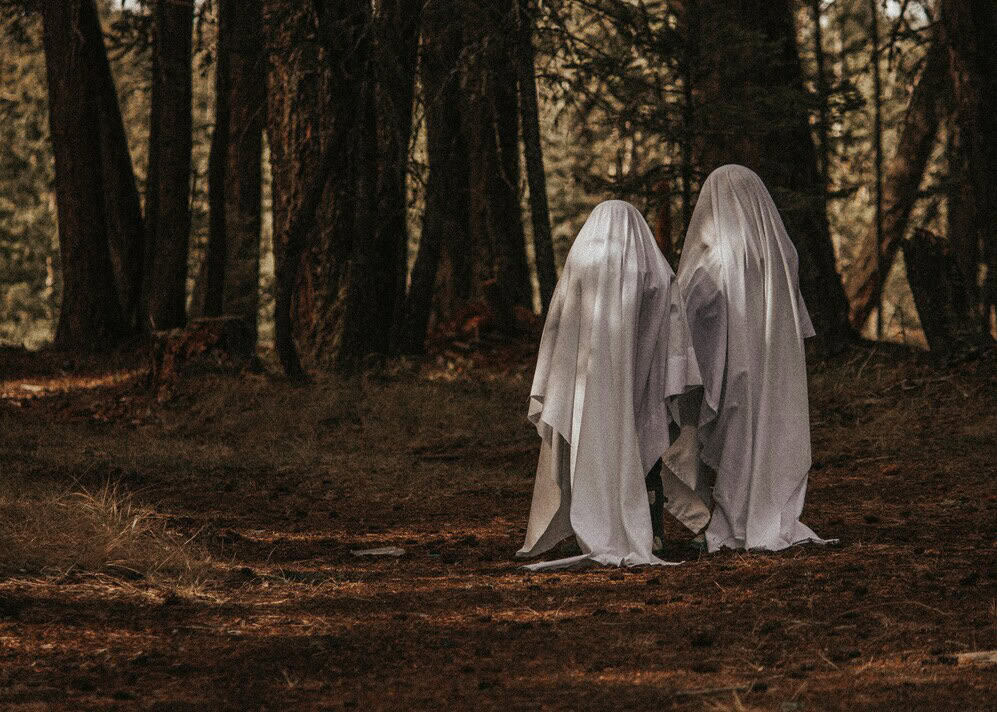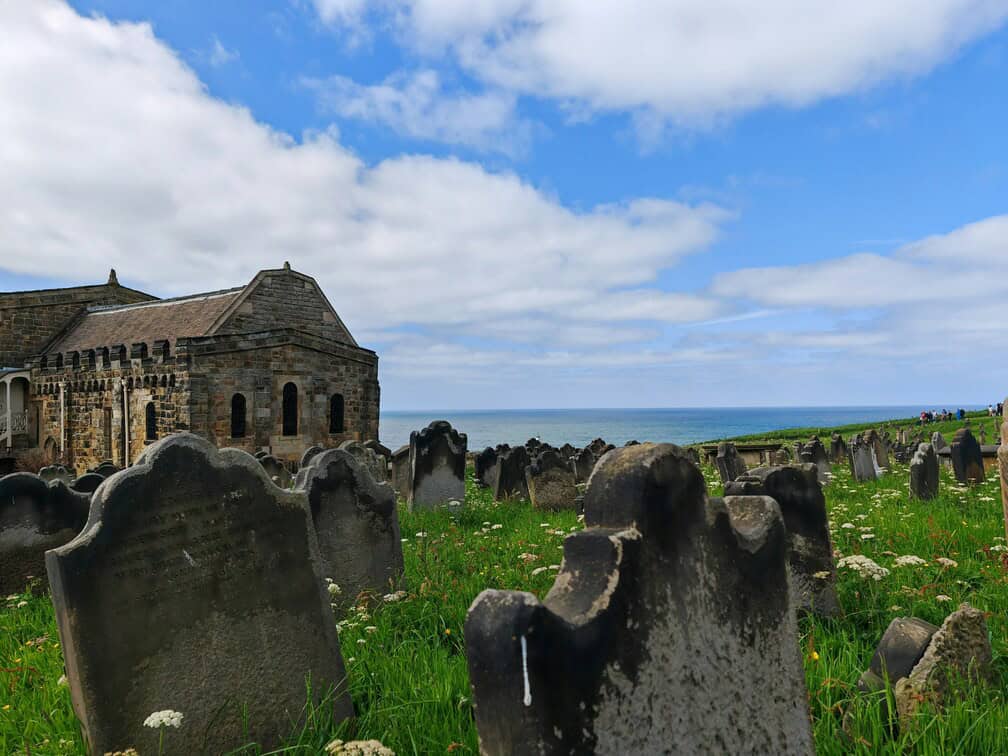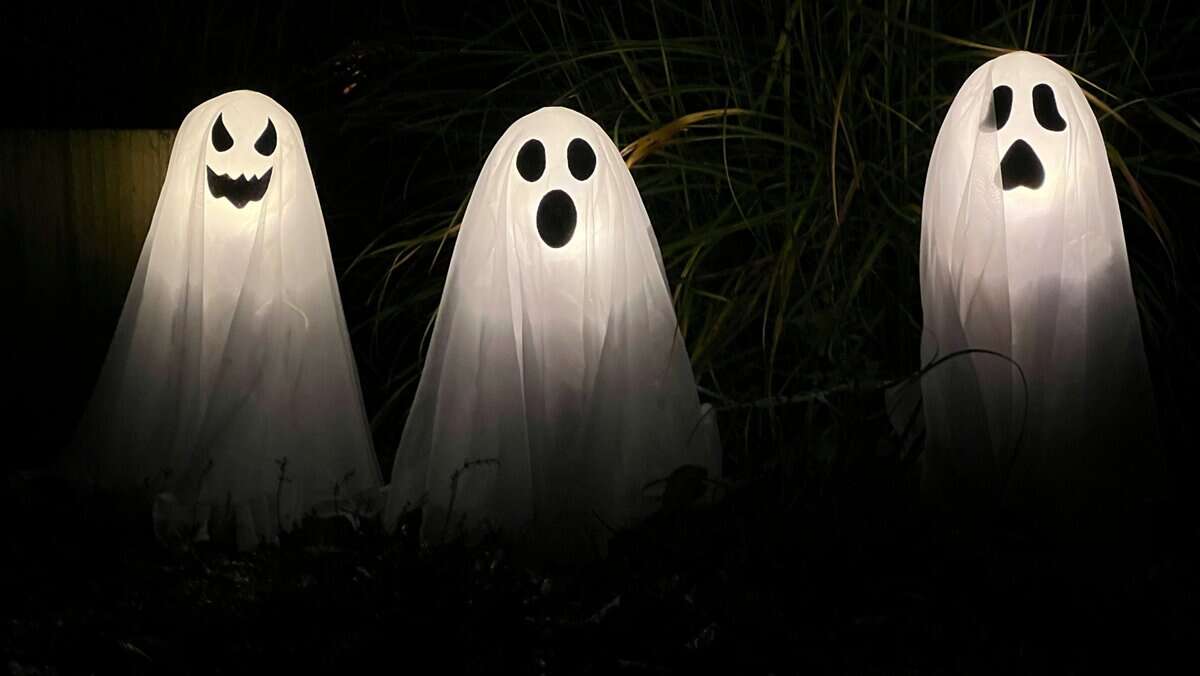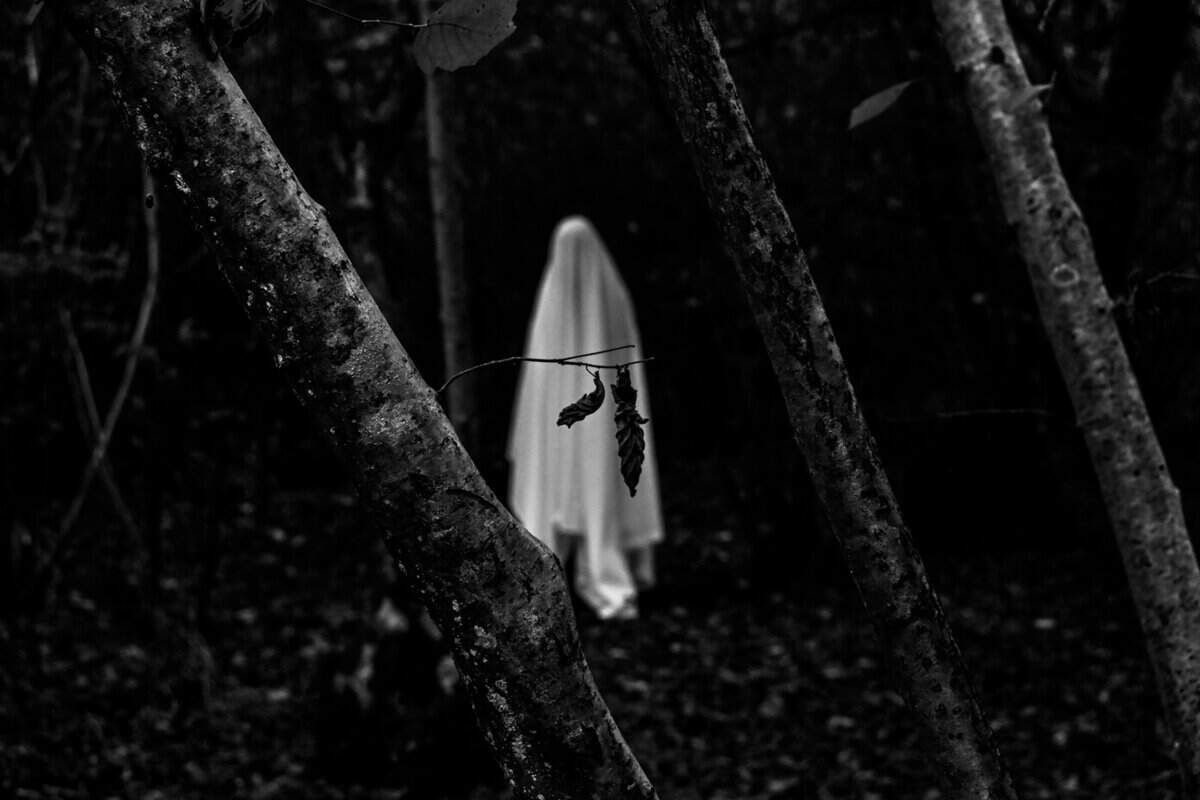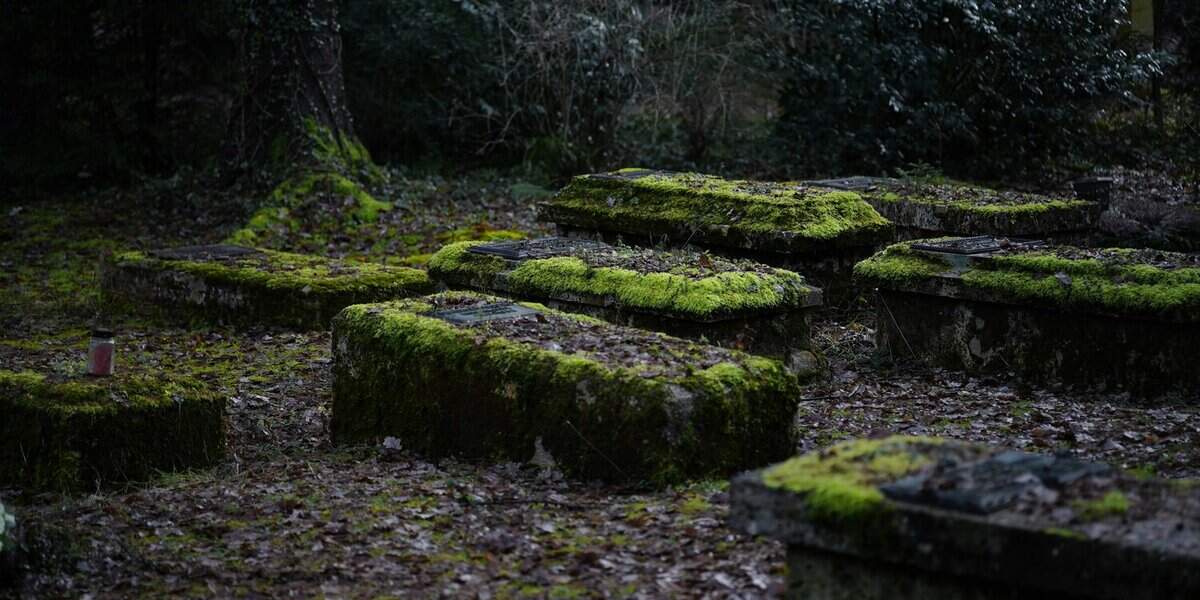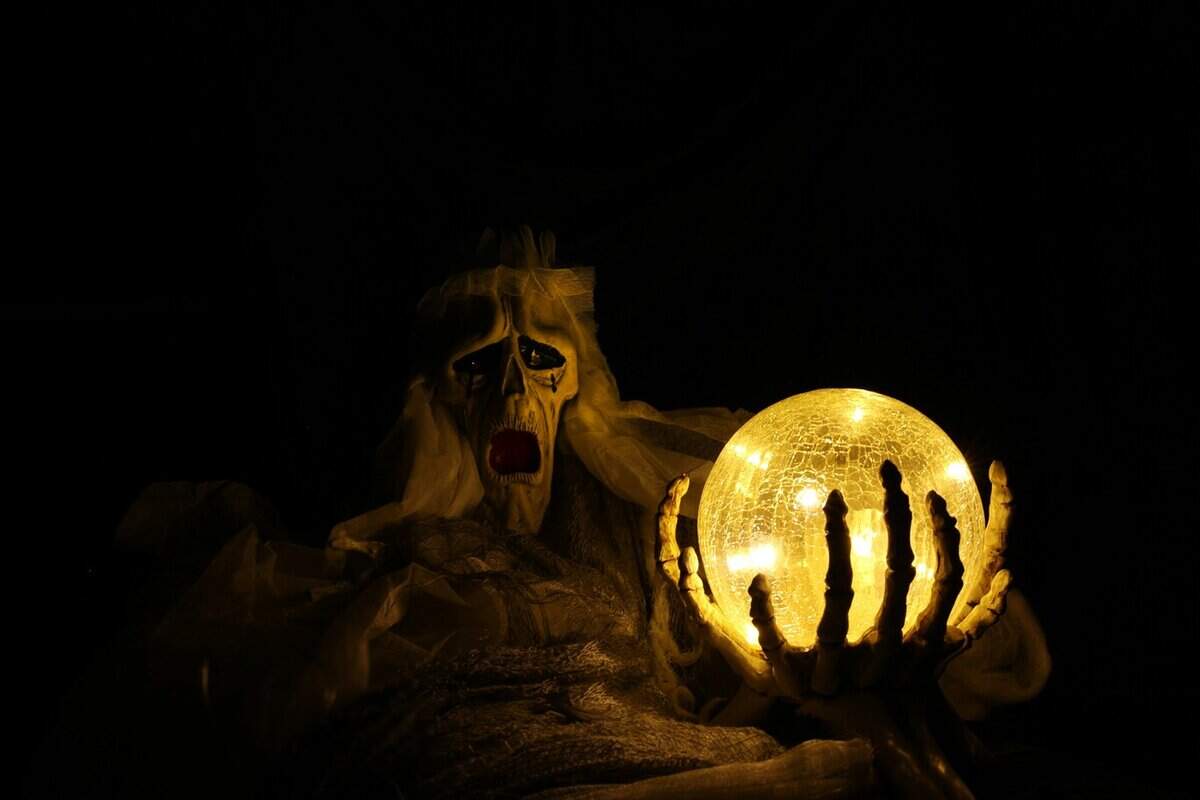Some herbs have long been linked to the spirit world, acting as gateways or beacons for wandering souls.
For centuries, people have used these plants in rituals to summon, ward off, or communicate with the dead.
Let’s explore 8 plans that carry huge mystical power, and exactly how they affect the unseen energies all around us.
1. Mugwort: The Seer’s Herb
Mugwort is a pretty famous herb when it comes to the mystical side of things, especially in European folklore.
It’s been used as incense to summon and ward off evil spirits, and has served as a spiritual shield of sorts.
People believed mugwort could open your third eye, giving you “second sight” – the ability to see beyond the physical world.
It’s often placed under pillows or burned to help dreamers connect with spirits or see visions of what’s to come.
Mugwort’s mystical reputation makes it a favorite for those curious about the other side, and it’s believed to draw in wandering souls or guide you through the unseen.
2. Willow: The Ghost’s Gateway
In Celtic and Slavic traditions, the willow tree is believed to be a portal between the worlds.
The branches and leaves are thought to house wandering ghosts, acting like a bridge for dead souls to pass from the realm of the living to the afterlife.
Willow’s mournful, flowing form has long been associated with grief, but also with spiritual transition.
People would plant willows near graveyards or use their bark and leaves in rituals to communicate with ancestors.
This herb is a living, breathing doorway to the beyond.
3. Yew: The Guardian of the Dead
Yew trees are iconic in British and Norse folklore, often found in graveyards and sacred sites.
They’re believed to anchor the spirits of the dead, keeping their essence close but contained.
The herb’s dark, dense foliage and ancient presence give it a mysterious aura, marking liminal spaces where worlds overlap.
Planting a yew or keeping a branch nearby might help you sense or attract ghosts that linger in these liminal zones.
In old stories, the yew was seen as a spiritual anchor, a symbol of death and transition.
4. Henbane: The Necromancer’s Herb
In Greco-Roman legends, henbane was no ordinary herb – it was used in dark rites, especially necromancy.
Its toxic, hypnotic properties made it a tool for communicating with shades from the underworld.
People believed that burning henbane or using it in spells could open a channel to the other side, allowing whispers from the dead to come through.
Just a little bit of this herb was said to turn the mind inward, breaking down barriers between worlds.
It’s often associated with dark and mystical practices, and if you’re curious, handle it with respect.
5. Mandrake: The Summoner
Mandrake has a long, wild reputation in Mediterranean folklore. Its strange shape and scream are legendary.
It’s believed that when it’s uprooted, it lets out a scream that can summon restless spirits or even cause harm.
Stories say that the herb’s roots are inhabited by spirits, and pulling it from the earth can awaken these wandering souls.
It’s often seen as a magnet for ghosts and those who want to stir up the unseen world.
If you’re into the mystical and want to communicate with spirits, keeping a mandrake nearby might do the trick.
6. Cypress: The Guide to the Underworld
Ancient Greeks and Romans saw the cypress as a tree of mourning, often planting it near graves or tombs.
Its tall, slender shape gives it a look of a silent guardian watching over the dead.
This herb was believed to guide spirits into the afterlife, acting as a spiritual signpost for wandering souls.
Its presence in your garden might serve as a gentle invitation for ghosts to find their way or linger in the liminal space between life and death.
The calming, somber energy of cypress makes it a mystical symbol of transition and remembrance.
If you’re looking to honor the spirits or create a space for spiritual passage, cypress is a quiet, respectful choice.
7. Elder: The Spirit’s Home
Elder trees have a long-standing reputation in Northern European folklore as the dwelling space of ancestral spirits.
They’re believed to be portals to the spiritual world and homes for benevolent spirits.
However, cutting down an elder tree was said to anger these spirits, inviting their wrath.
Many believed that elder’s hollow branches and dark berries held the presence of ancestors watching over the living.
If you want to attract ghosts or honor your ancestors, planting or keeping this herb nearby might create a sacred space.
It commands respect, embodying a deep connection to the spiritual realm.
8. Wormwood: The Ghost Whisperer
Wormwood’s reputation varies across Eastern European folklore.
It was burned to ward off malevolent ghosts, but it also had a role in divination. It was said to draw spirits in, allowing the user to control and communicate with them.
Its bitter aroma and potent properties create a spiritual atmosphere that can either repel or attract spirits, depending on the intention.
If you’re looking to invite spirits for insight or guidance, burning wormwood might set the right mood.
It’s a tricky herb, capable of both protection and summoning, making it a fascinating addition to any ritual space.
A little Aquarius, devoted to writing and embroidery. Through my writing, I hope to empower readers to align with their true selves and navigate life’s mysteries with confidence.

